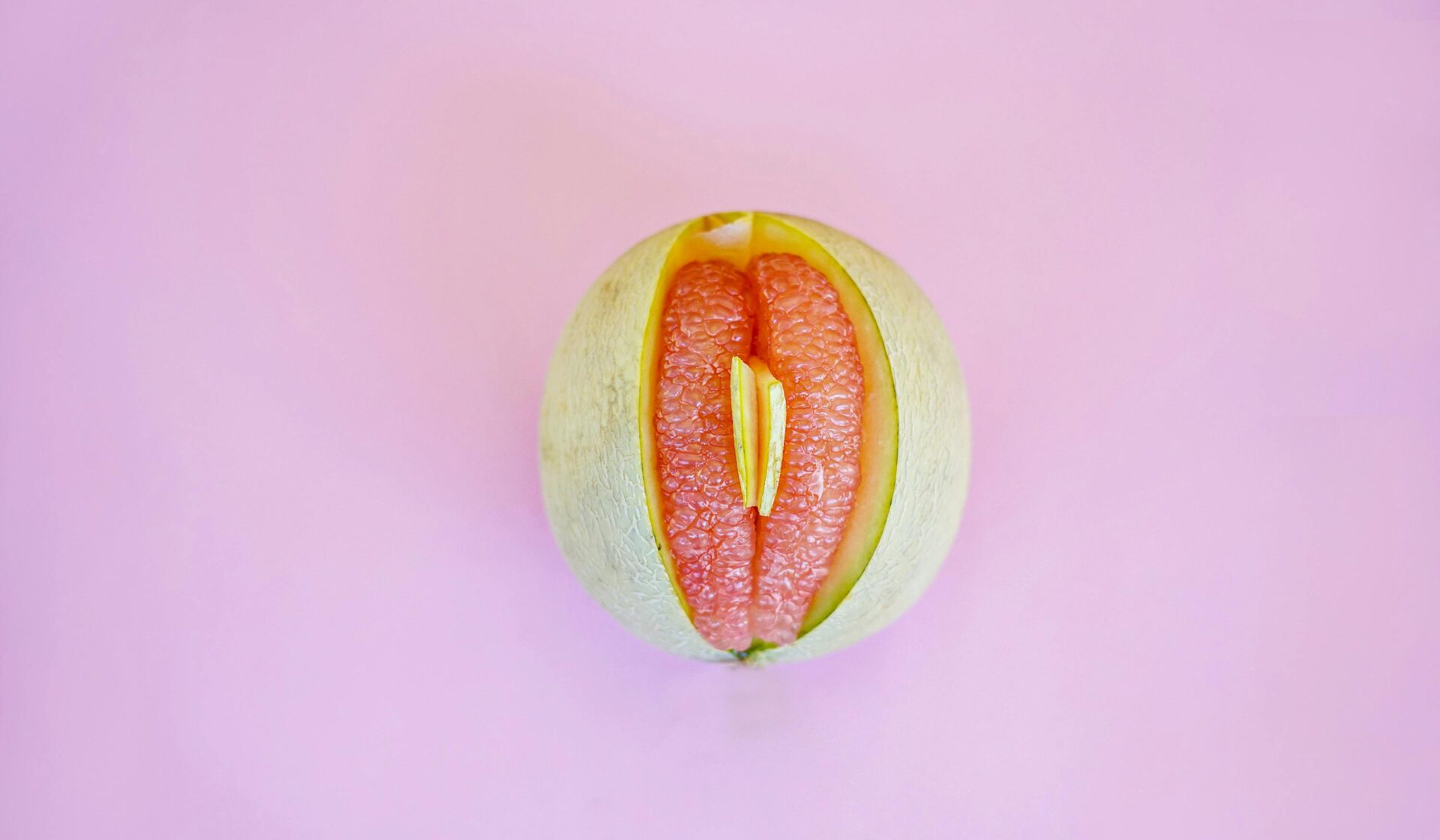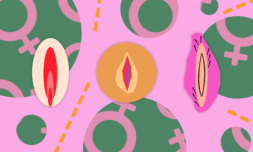‘Designer vagina’ surgery is one of the fastest growing cosmetic procedures among young people worldwide. Recent research has uncovered that this is due to a lack of education and diverse representation.
It’s never been easier to look at a vagina.
In the digital age – unless parental controls are active – a quick dig through the less-regulated social media platforms like Twitter and Reddit will bombard users with a torrent of explicit images and videos.
Then, of course, there are the pornography sites, which only set viewers back one step from accessing their homepages by making them click an ‘I am 18 or older’ button to enter.
Beyond that effectively useless hurdle is a hub of content in the millions, where people of any age can have their perceptions of sex and genitalia distorted within seconds.
While there do exist more ethical options that seek to empower those working in the industry and spread a positive message among audiences, the sites that are unfortunately most popular (and most accessible) are the ones that have been proven by research to have deeply troubling effects, including self-objectification and shame, coercion, unsafe sex, violent attitudes and acts, and higher levels of hostile sexism.
@myloveuntoyou I speak from experience. Consent does not change the nature of the act. The personal is political. Think about it: do you ACTUALLY enjoy these things? #feminism #radicalfeminism #radfem #womensrights #misogyny #antiporn #cancelp🚫rn ♬ original sound – Postysdaughther
Pornography is clearly inspiring a shift in sexual interests, behaviours, and relationships.
This is especially the case for Gen Z and Gen Alpha, with children and teenagers encountering pornography in greater numbers, at younger ages, and with a wider variety of content.
In other words, it’s become their default sex educator. And what’s less confronted than these indisputably alarming statistics is the impact that this – alongside social media – is having on body image.
According to the Real Bodies: Understanding and Celebrating Labia Diversity report published by Women’s Health Victoria (WHV) on June 10, these two factors are driving a rise in Gen Zers having or considering ‘designer vagina’ surgery, whereby the folds of skin surrounding the vagina (labia minora) are cut so they don’t extend beyond the outer skin folds (labia majora).
Known as labiaplasty, it’s one of the fastest growing cosmetic procedures among young people worldwide, not for health reasons but because there’s a significant lack of education and diverse representation for them to turn to – and a significant abundance of porn and social media content for them to turn to instead.
@selfaccept.saimi #selfacceptance #bodyimage #outie #downtherecare ♬ original sound – selfaccep
Of the 10,030 women and people with a labia aged 18 to 50 who were asked about their attitudes towards the appearance of their genitals in a YouGov survey that WHV cited, almost a quarter of respondents (23%) aged 18 to 24 feel anxious, unhappy, or embarrassed, while 35% associate their labia with negative words such as ‘disgusting,’ ‘weird’ or ‘ugly.’


















